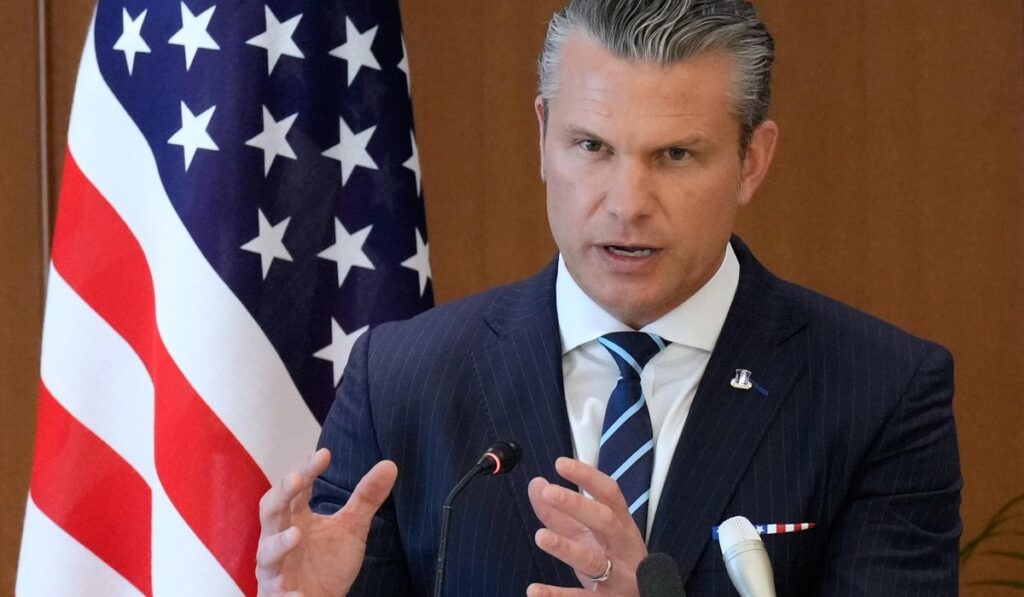Pete Hegseth defended his Sept. 30 remarks after critics inside the military and across the political class pushed back. He told a rare gathering of hundreds of high-ranking officials what many in the building were afraid to hear, and he stood by that blunt, clear message.
Hegseth did not back away from the blunt tone he used in that speech. In a department often steeped in careful phrasing and guarded briefings, he chose plain talk instead, and that rubbed some people the wrong way. From a Republican point of view, sometimes plain talk is what leadership needs to cut through complacency and political theater.
The setting mattered: this was a rare meeting attended by hundreds of senior figures. When so many leaders gather, the temptation is to move in circles of polite consensus instead of naming problems directly. Hegseth’s approach was to push past that, insisting on clear assessments even when they upset the usual balance of deference and decorum.
Critics within the ranks and in political circles complained about tone and timing. That reaction is predictable, especially when a secretary breaks from scripted bureaucratic lines. But pointing out discomfort is not the same as addressing the issues Hegseth raised, and his defenders say the greater risk is the culture that hides hard truths behind nice language.
There’s a practical argument behind the bluntness. When policy and readiness are on the line, ambiguous language can disguise declining capabilities or confusing priorities. Hegseth’s straightforward remarks forced a conversation on issues others had been skirting, and that kind of clarity can speed necessary corrections and reforms.
Supporters see a pattern: leadership should demand candor, and candor should be rewarded, not penalized. In an environment where career risk too often favors quiet compliance over honest warning, the secretary’s tone challenges an institutional reflex to smooth over problems. That challenge is uncomfortable but might prompt the accountability the department needs.
Opponents argue the speech broke norms and could undermine morale or civil-military boundaries. Those are valid concerns, and they merit attention. Yet from a conservative perspective the priority remains capability and readiness, and sometimes resetting norms is necessary to restore focus on the mission rather than on protecting reputations.
Hegseth’s defense of his Sept. 30 address also highlights a broader debate about leadership style. Is the role to soothe and reassure or to provoke and correct? Republicans who back him tend to favor the latter when strategic risks are at stake. They argue that leadership must tolerate short-term discomfort if it produces long-term strength.
The fallout will likely play out in public and inside Pentagon corridors. Questions about process, precedent, and professional norms will be debated alongside the substance of what Hegseth said. Still, the central point he pushed remains simple: avoiding hard conversations rarely improves outcomes, and leaders must be willing to speak plainly to preserve advantage and security.



